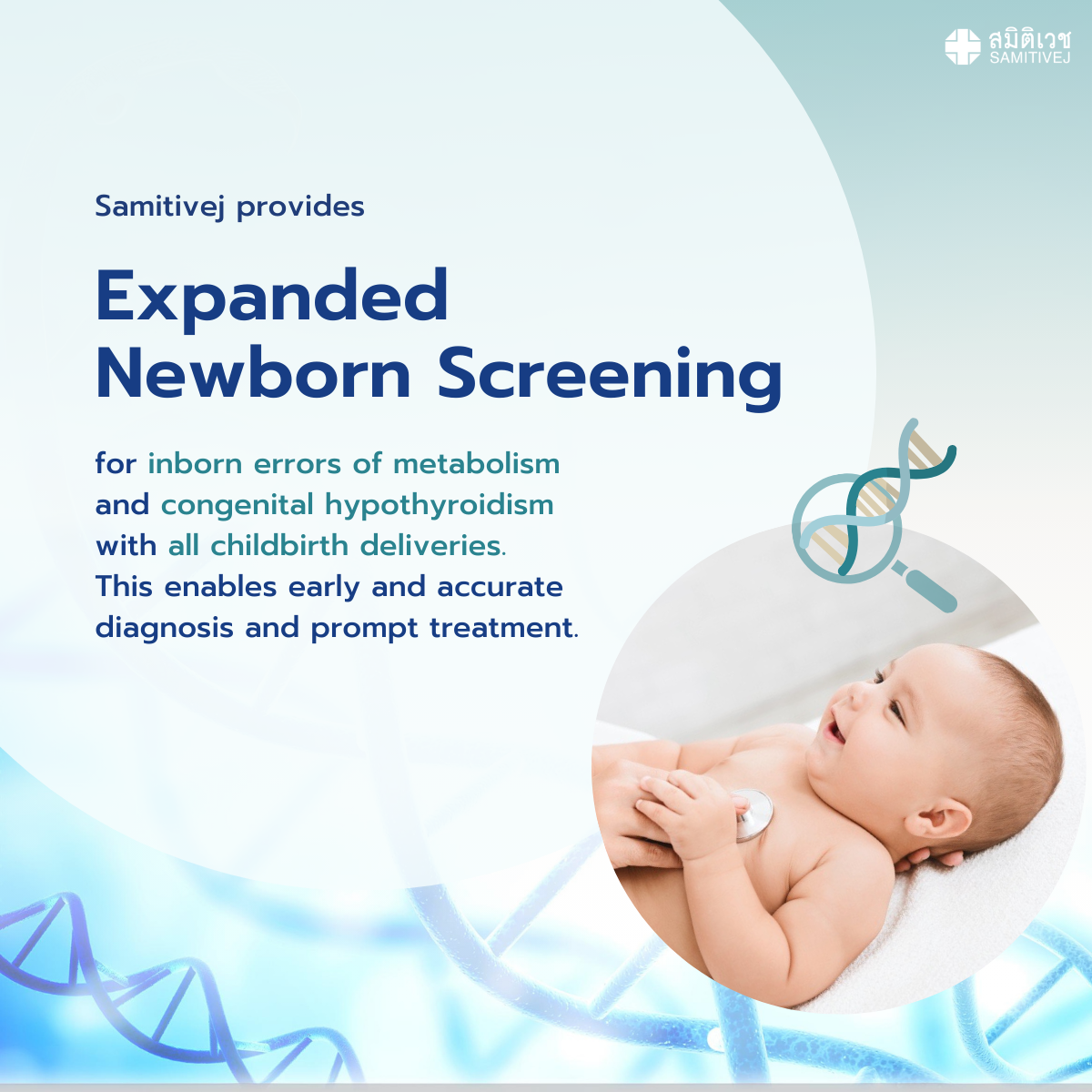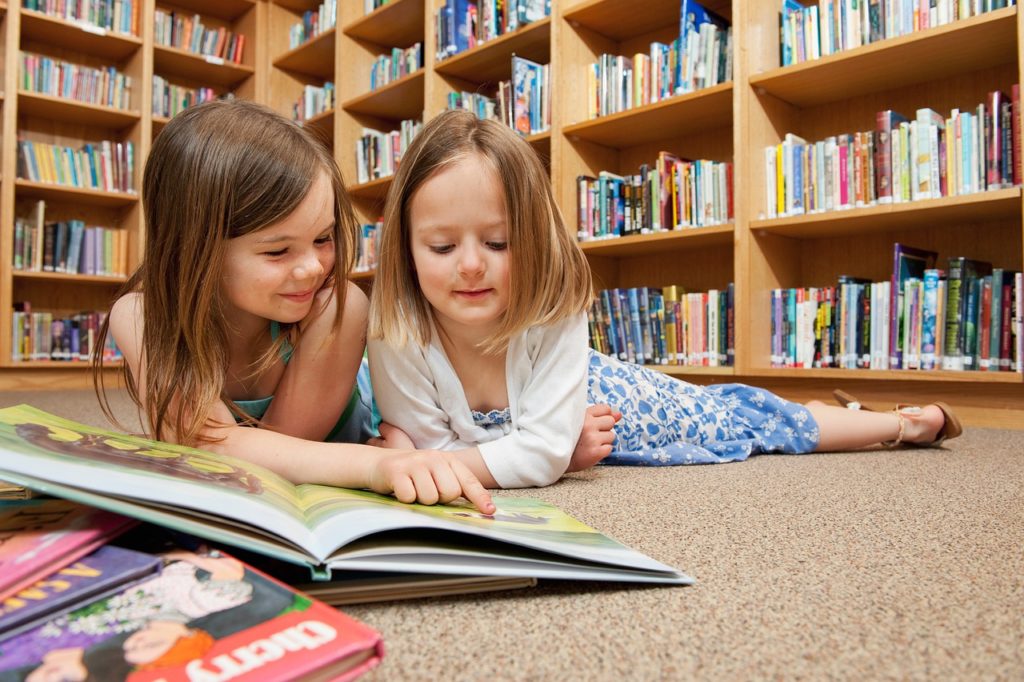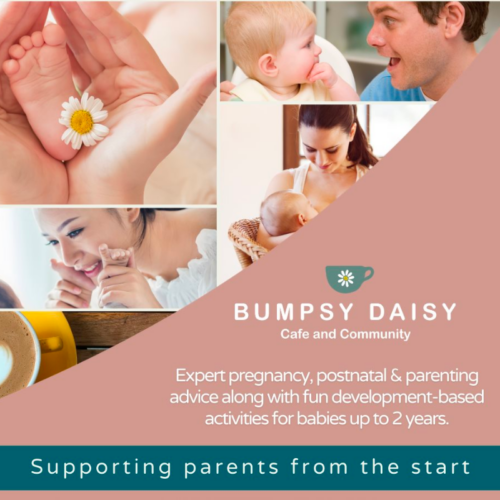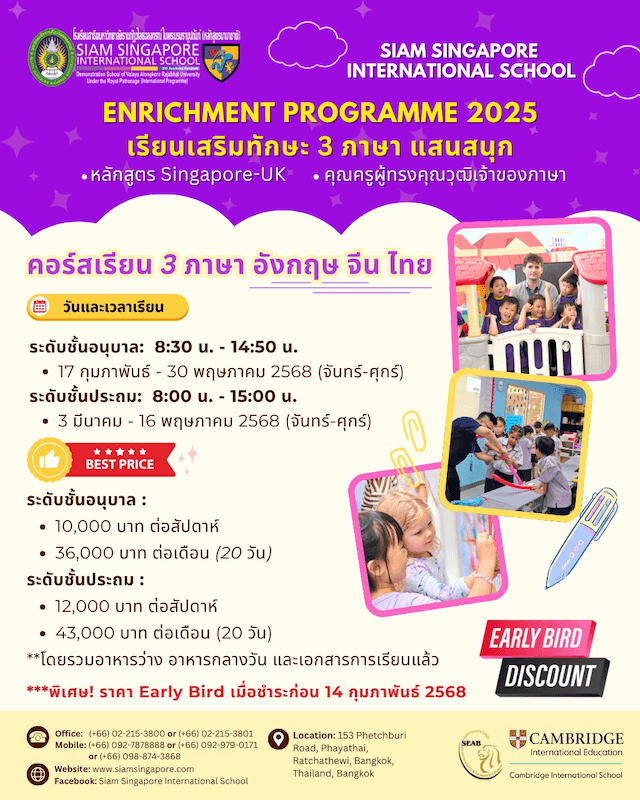Parents already know the deal, get your kids learning as early as possible to give them the best possible chance at life. 80% of your child’s brain develops before the age of 4, and they are doing most of their learning before they even get to their first school years. We all want our kids to grow up prepared for life and confident, but how much of what is on offer is really worth your time and money? Should we be playing Mozart for our children in the womb? Studies say that that is probably pointless. Should we get our pre-schoolers into a stimulating, social, and fun playgroup or early learning classes? Absolutely!
Social Awareness
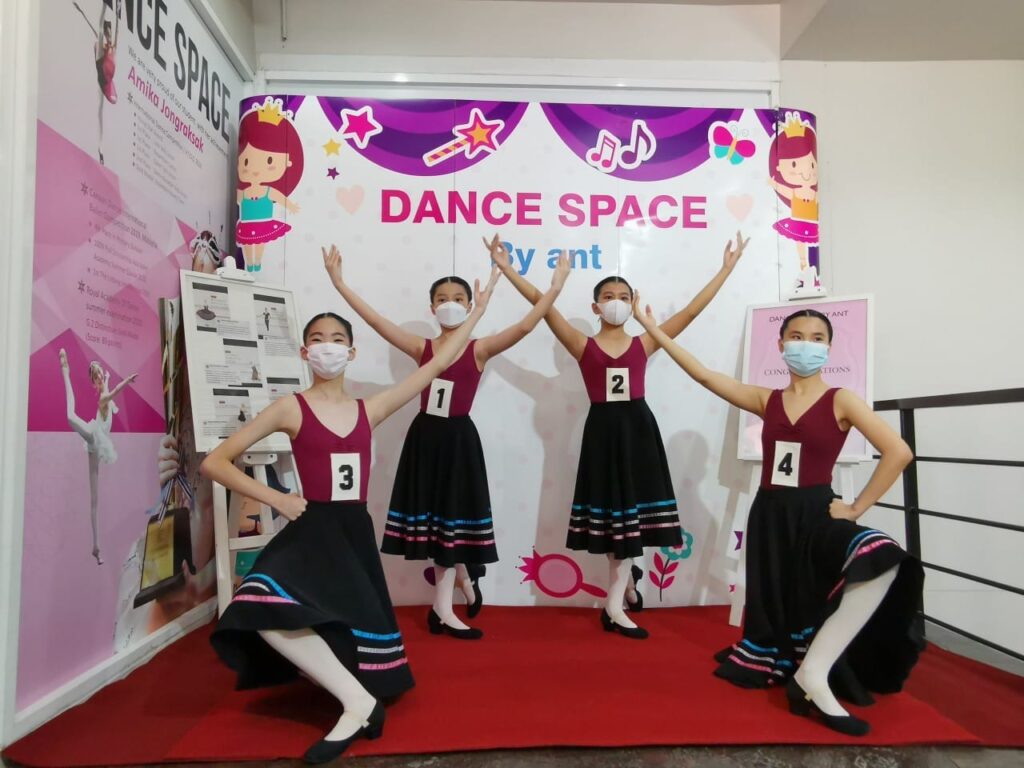
The benefits of socializing our children from a very early age are infinite and important. Interactions with other kids teach our little ones about empathy, cooperation, sharing, flexibility, kindness, consideration, assertiveness, confidence, tolerance, and unity.
As toddlers and pre-schoolers meet more people — young and old — they begin to develop a strong sense of self. They start to notice the differences and similarities between themselves and others. Our little ones need to be able to compare themselves to others in order to challenge themselves and try new things. When your child sees an older kid in playgroup stomping their feet during a particularly enthusiastic rendition of “If You’re Happy and You Know It,” they will naturally want to copy them, and may challenge themselves to try new things and meet new goals.
Empathy is something professionals have become increasingly concerned with, as the prevalence of online screen time affects young people in ways we have never had to deal with as a society in the past. In the days before smart phones and omnipresent internet, we were all just a little bit more aware of how our actions affected others. When a child hurt another person, they were usually looking right at them. Whether it was a physical altercation, or some harsh words, children were forced to see the painful expression on the face of the person they hurt. That recognition of pain caused is missing when it comes to online bullying and negative social media interactions.This is just one reason that early socialization is important for raising, well-adjusted and kind little humans.
Language Development

Believe it or not, that unusually perky teacher in the front of the class is not singing the cleanup song for the 5th time for her own entertainment. Using transition songs and catchy tunes helps little ones develop language skills through musical cues. The songs, chants, and rhymes are repeated frequently and even parents can’t help but sing along. The words of the songs might not come right away, but those little growing brains are soaking them up and beginning to recognize meanings and usage in context.
Children benefit tremendously from exposure to other languages and cultures, and as we raise our kids in this global world, they become internationally minded, develop tolerance, understanding of other cultures, and learn acceptance. Living in an international city like Bangkok means your little ones are blessed with the perfect opportunity to become bilingual very early. All studies show that learning other languages at a young age is nothing but beneficial to early childhood development.
The adult brain is made up of neurons, around 100 billion of them. Amazingly, babies are born with millions more. During a baby’s first year these neurons rapidly develop trillions of connections (synapses) between themselves. Life experiences will activate certain neurons, and create new connections while unused connections will disappear. What parents do or don’t do during these crucial years can have profound impact on a child. For example, learning a second language builds more synapses and, in turn, strengthens those parts of the brain, allowing children to learn even more languages as they grow up!
Self Confidence

I am sure you have noticed that your early learner wants to read the same story over and over before bed. Perhaps you have been coerced into playing the Baby Shark video 30 times this week. There is more to this behavior of repetition than simple preferences. Your little one may love the groovy tunes of Baby Shark, but she also loves that she knows the words of the next verse.
Prediction is a huge key to self-confidence. When you turn that page in the story, and your child has remembered the line “Brown bear, brown bear, what do you see? I see a red bird looking at me” And they know there will be a red bird on the next page, that truth is confirmed for them, and their confidence surges. They were right and they love it!
Toddler and pre-school groups follow a repetitive structure, songs are repeated, stories are reread, words and vocabulary are used thematically throughout the lessons, and other props and materials encourage the littlest of little ones to make predictions and boost their courage and morale.
Parent-Child Bonding

Being a parent is hard work. This is not news. Things get in the way of spending quality time with our kids. Life, work, siblings, phones, social lives, shopping, cleaning, and everything else we need to do every day can mean that sometimes we feel we are simply dragging our toddlers around with us while we go about our lives. This is normal and this is fine, but that’s when playgroups and classes really help us out.
Spending an hour here or there with our child and no other distractions is so important and so valuable. Little ones love to see mommy and daddy participating in the things they enjoy, they adore showing their parents a piece of art they created or a lump of dough they squished into a particularly yummy noodle shape. Soon little ones will be off to school, so making the most of these early years will give you great insight into what they love, and who they are.



